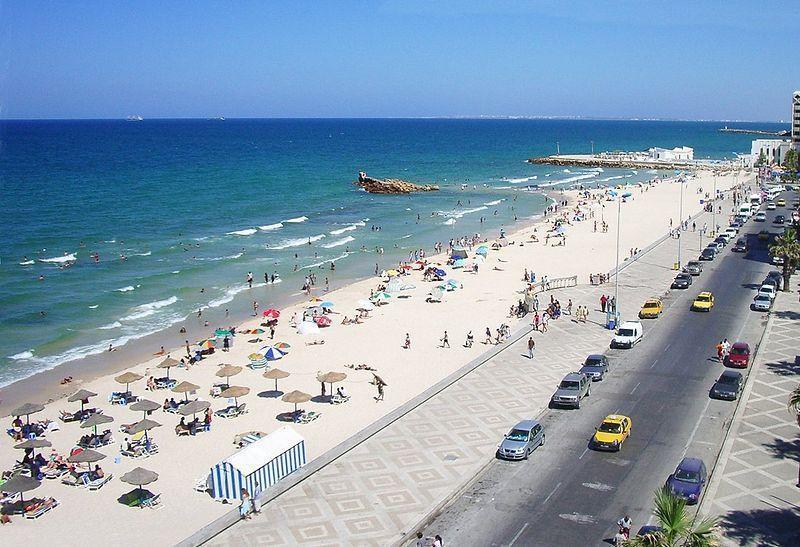Tunisia gets Foreign Office green light for British holidaymakers two years after beach massacre
Official advice continues to warn 'terrorists are very likely to try to carry out attacks'

Tunisia has been taken off the no-go list for British holidaymakers, the Foreign Office has declared, two years after a beach massacre claimed the lives of 38 people.
“The Foreign and Commonwealth Office no longer advise against travel to Tunisia, except for parts of the south and interior and certain areas near the borders with Algeria and Libya,” it said in a statement.
With those 30 words, the Government gave a green light to travellers to return to the North African nation where the Arab Spring began in 2011.
But in June 2015, 30 British holidaymakers and eight other nationals were killed by a lone gunman at a beach hotel in the resort of Sousse. It followed an attack three months earlier on the country’s leading cultural collection, the Bardo Museum in Tunis, in which 20 tourists died.
The Foreign Office continues to warn: “Terrorists are very likely to try to carry out attacks in Tunisia.”
In lifting the blanket no-go ban, however, it adds: “The Tunisian authorities have improved security in tourist resorts and their ability to respond to a terrorist incident.
“Tunisian security forces have also improved and are better prepared to tackle terrorist threats than they were at the time of the 2015 attacks.
“But further attacks remain likely, including in places visited by foreigners such as tourist resorts.”
The immediate effect is that travel insurance is now once again valid for Tunisia; the FCO no-go warning had the effect of removing cover from standard policies.
The economic and humanitarian effects of the travel ban have been immense, with tens of thousands of Tunisian families losing their livelihoods as hotels and other tourist facilities shut down. The hope is now that British holidaymakers will return in their hundreds of thousands, as they did up to 2010.
There is no prospect, though, of large tour operators setting up package holidays for the remainder of the summer. TUI, the tour operator whose customers were killed at Sousse, said: “Thomson and First Choice follow the FCO’s advice for all destinations we operate to. As the overall level of advice has now changed for Tunisia, we will look at whether we will re-introduce the destination for future seasons, which will also take in to account customer demand.”
A spokesperson for Thomas Cook, the other big tour operator, said: “We’re pleased that the Foreign Office has taken this decision to open Tunisia back up to Brits.
“It’s great for Tunisia, which used to welcome many thousands of British holidaymakers. We’ll take a bit of time to look at how and when we put this once-popular destination back on sale and we will update our customers when we have any further news.”
It is unlikely that either TUI or Thomas Cook will have Tunisian programmes in place for the main winter season, but it is possible that some holidays could be arranged between February and Easter.
Abta, the travel association, said: “This change in level of travel advice means that travel to Tunisia can now resume and travel companies can put in place plans for holidays to Tunisia to restart, should they wish to do so.”
There are plenty of scheduled flights available, including a daily connection from London with the capital, Tunis, on the national airline, Tunisair.
A British Airways spokesperson said restoring the airline’s link with Tunis is not on the agenda at present: “We constantly review our route network and customer demand, but we have no current plans.”
But BA’s sister airline, Vueling, launched a second weekly link from Barcelona to the Tunisian capital last month.
Join our commenting forum
Join thought-provoking conversations, follow other Independent readers and see their replies
Comments
Bookmark popover
Removed from bookmarks